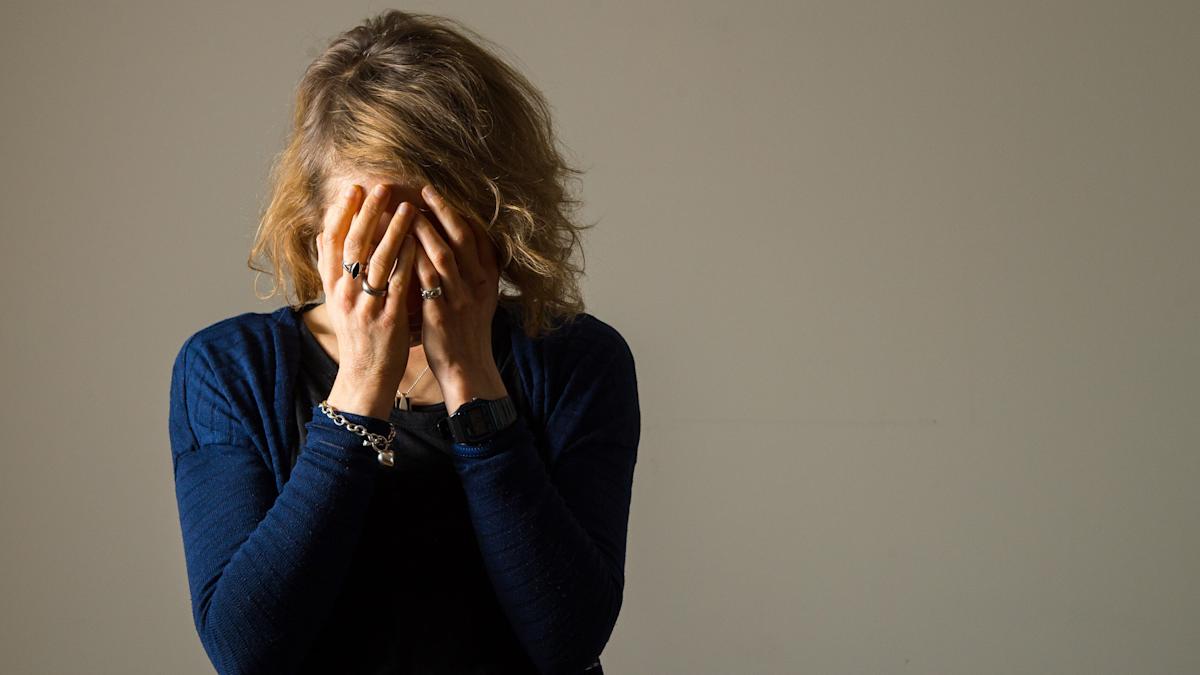
One in seven women ‘have had their finances controlled in recent months’
How did your country report this? Share your view in the comments.
Diverging Reports Breakdown
One in seven women ‘have had their finances controlled in recent months’
Two-fifths (42%) did not speak to anyone, such as a family member or friend, about what they were going through. 55% of women said they do not know anything about this form of domestic abuse. Women from ethnic minority backgrounds, disabled women and younger women aged 18 to 24 were particularly likely to say they had experienced at least one form of economic abuse. The charity commissioned Ipsos UK to carry out a survey of more than 2,800 women across the UK in October and November 2024. The research was developed by SEA with input from victim-survivors and academic advisers from London Metropolitan University and University of Warwick.
Two-fifths (42%) did not speak to anyone, such as a family member or friend, about what they were going through, according to the report from charity Surviving Economic Abuse (SEA).
The charity commissioned Ipsos UK to carry out a survey of more than 2,800 women across the UK in October and November 2024.
The research was developed by SEA with input from victim-survivors and academic advisers from London Metropolitan University and the University of Warwick.
The charity also found many women do not know anything about economic abuse.
Some 55% of women said they do not know anything about this form of domestic abuse and a third (33%) know “a little” about it.
Economic abuse is a dangerous and prevalent form of domestic abuse that takes many forms – including a current or ex-partner restricting access to money or bank accounts, damaging property or possessions, taking out loans or building up debt in a victim-survivor’s name, SEA said.
The report, Counting The Cost: The Scale And Impact Of Economic Abuse In The UK, indicated women from ethnic minority backgrounds, disabled women and younger women aged 18 to 24 were particularly likely to say they had experienced at least one form of economic abuse.
Meanwhile, 28% of women with children in the household had experienced economic abuse, compared with 10% of UK women without children, the research indicated.
The report also found victim-survivors who had heard the term “economic abuse” and knew something about it were more likely to seek help.
Those who had heard the term economic abuse were also more likely to speak to a domestic abuse charity or a bank.
Sam Smethers, chief executive of Surviving Economic Abuse, said: “Awareness is critical because those who are aware are more likely to get the help they need.
“Many are trapped in dangerous situations with an abuser or left with mountains of debt, homeless and experiencing this form of coercive control long after the relationship has ended.”
She said economic abuse is devastating for all victim-survivors, but the charity’s data “shows the impact of this abuse is felt particularly strongly by younger women, mothers, black and minoritised women and disabled women”.
The charity quoted one woman saying of her former partner: “He used money as a weapon – even after the relationship ended. I had to sell our home, live with the consequences of the bad credit he’d forced me into, and over 20 years later, I’m still in housing insecurity.
Source: https://uk.finance.yahoo.com/news/one-seven-women-had-finances-230100045.html
